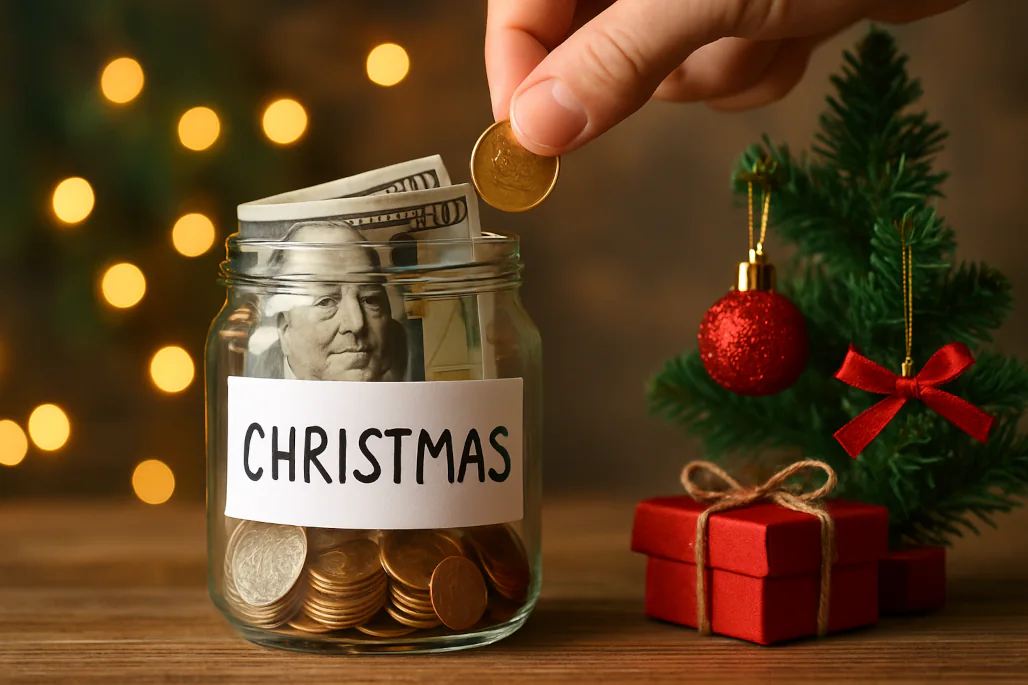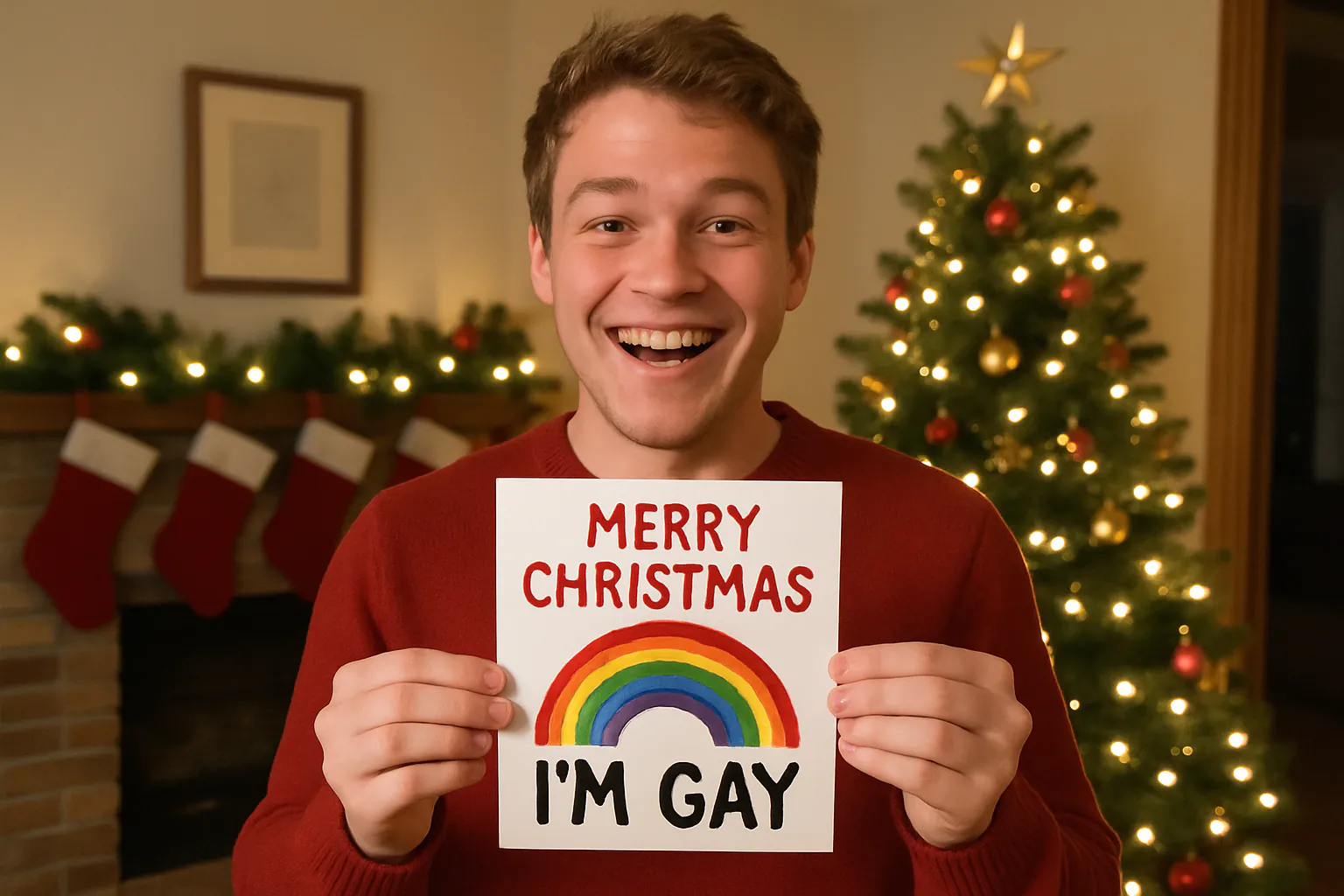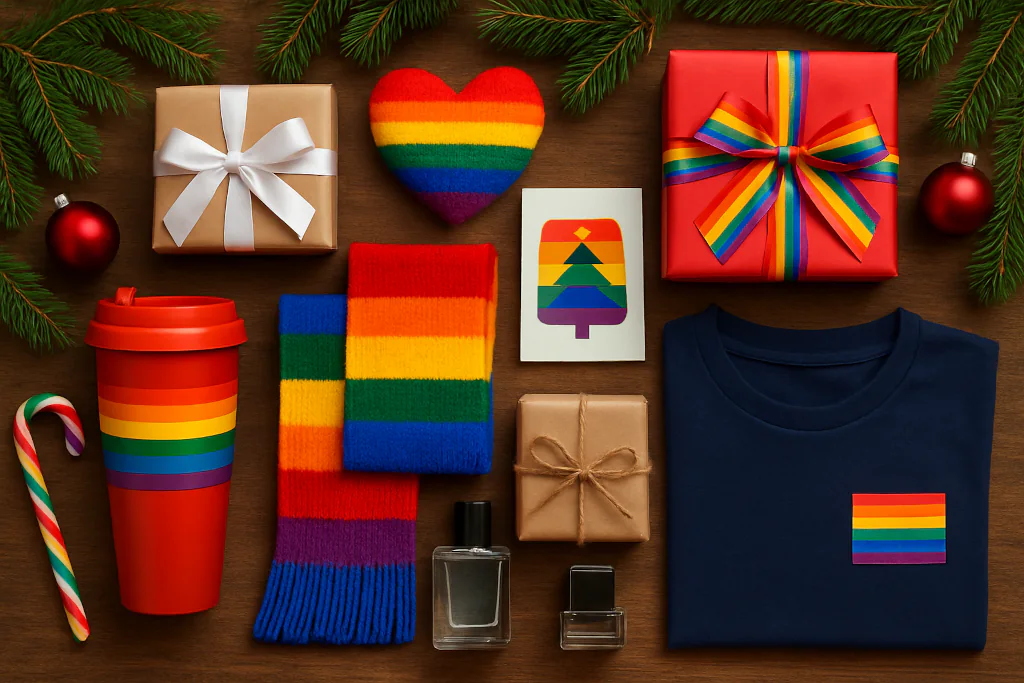In many gay male relationships, there’s an unspoken question that hangs in the air—“So who’s the wife?” It’s usually meant as a joke, but beneath the humour lies a deeper social anxiety. The fear of being labelled “the wife” often carries connotations of weakness, submission, or outdated gender roles. But why does this stereotype still have such power, even in supposedly progressive spaces? And how can we move past it?
Let’s unpack the fear of being the wife in gay relationships and explore how we can replace role-based anxiety with mutual respect, appreciation, and equality.
Understanding Relationship Dynamics
Relationships are complex. Every couple builds their own rhythm, routines, and responsibilities. Some naturally fall into traditional roles—one partner may handle more domestic tasks, while the other focuses on career or finances. Others strive for a perfect 50/50 balance. Neither approach is wrong, as long as both partners feel valued and heard.
But despite this diversity, gay couples are still often pressured to conform to a heteronormative model—complete with a “husband” and a “wife.” This framing doesn’t just feel outdated—it’s limiting, and sometimes, damaging.
The Problem With “The Wife” Stereotype
So what’s really going on when someone fears being “the wife”? At its core, this fear isn’t about cooking, cleaning, or wearing an apron. It’s about power—or the perceived lack of it.
The term “wife” in this context is loaded with outdated assumptions:
- That the “wife” is submissive
- That the “wife” exists to serve
- That emotional labour and domestic tasks are signs of lower status
- That the “wife” has less say in important decisions
In gay relationships, no one wants to feel like they’re beneath their partner. Unfortunately, because of cultural baggage, doing traditionally “feminine” things—like cooking dinner or tidying up—can trigger fears of being seen as weaker or less dominant.
But let’s be real: caring for your partner isn’t submission—it’s love.
Why This Fear Is Destructive
When we internalize the idea that being nurturing or accommodating equals “being the wife,” we start overcompensating. We avoid simple acts of affection or household help just to preserve a sense of dominance or equality. Ironically, that fear of imbalance can actually create imbalance.
For example, you might:
- Refuse to cook dinner, even if your partner has had a long, exhausting day
- Avoid emotional vulnerability to project “strength”
- Deny your own preferences just to avoid being seen as “soft” or “needy”
These aren’t acts of independence—they’re reactions rooted in insecurity. And when both partners are afraid of being perceived as less powerful, it can lead to resentment, competition, and emotional distance.
The Cultural Origins of This Fear
This fear isn’t born in a vacuum. It’s the byproduct of:
- Misogyny: Devaluing traits associated with women reinforces the idea that being “the wife” is a bad thing.
- Toxic masculinity: The belief that real men should be dominant, unemotional, and practical.
- Heteronormativity: Assuming that every relationship must mimic a straight couple’s gender roles.
Even within the gay community, these ideas persist. Jokes like “who wears the pants?” or “don’t be the bottom” reinforce the notion that equality can’t exist without hierarchy.
Reframing the Role: Acts of Love, Not Submission
We need to redefine what it means to do something for your partner. Cooking dinner, planning a date, or doing the laundry isn’t about power—it’s about partnership.
Instead of asking: “Am I being the wife?”, try asking:
- “Am I showing love?”
- “Am I supporting my partner?”
- “Are we both contributing in ways that feel fair?”
When there’s mutual appreciation instead of expectation, those acts become meaningful gestures—not obligations.
How to Overcome the Fear of Being “The Wife”
Here are some practical ways to address this fear and build healthier, more equal relationships:
1. Communicate Openly About Roles
Talk to your partner about how you both view responsibility, affection, and balance. Are there unspoken expectations? Are either of you feeling undervalued? Honest conversations help defuse insecurity.
2. Challenge Internalised Misogyny
Cooking, cleaning, or showing emotion doesn’t make you weak. These are acts of care—something we all need, regardless of gender.
3. Celebrate Acts of Love
Redefine traditionally “submissive” tasks as acts of love. If your partner appreciates your help, and it’s not taken for granted, that’s equality in action.
4. Create New Models
Be the example. Show your friends and community what an equal partnership looks like. Two men, sharing responsibilities and emotions, without needing to assign outdated gender roles.
5. Check Your Ego
Sometimes, fear of being “the wife” is just fear of losing control. But in a healthy relationship, control isn’t the goal—connection is.
While you’re here, check out the Top 5 Harmful Gay Stereotypes to Ditch Now
Redefining Equality in Gay Relationships
Equality doesn’t mean doing the exact same thing every day. It means both partners feel seen, supported, and empowered to be themselves. Sometimes that means one of you cooks dinner. Sometimes it means one of you earns more money. That’s okay—as long as the relationship is built on mutual respect.
Gay couples have a unique opportunity to redefine what loving partnerships look like. Without traditional expectations weighing us down, we can create new relationship models—ones that are more flexible, compassionate, and true to who we are.
Let’s stop asking who’s “the wife,” and start asking: Are we being good partners to each other?
FAQ: Navigating Relationship Roles in Gay Partnerships
Not at all. What’s important is that the role is chosen freely, not out of fear or pressure, and that both partners feel valued.
Keep communication open, check in regularly with your partner, and make sure both of you are appreciated—not expected—for what you do.
Set boundaries. Let them know you don’t find it funny, and explain why such jokes reinforce harmful stereotypes.
Yes. Equality isn’t about sameness—it’s about mutual respect. One can be more dominant without making the other feel small or submissive.
If you’re avoiding acts of kindness or love just to dodge a label, you might be reacting to insecurity rather than responding authentically.
Final Thoughts
The fear of being “the wife” in a gay relationship reflects lingering cultural baggage that we’re still working to shed. But the truth is, love doesn’t need roles. It needs trust, appreciation, and the courage to be vulnerable. Let’s move beyond outdated labels and build partnerships that reflect who we truly are.
Have you ever struggled with the fear of being seen as “the wife” in your relationship? Share your thoughts and experiences in the comments below—we’d love to hear your story.








Share your thoughts on the above post!